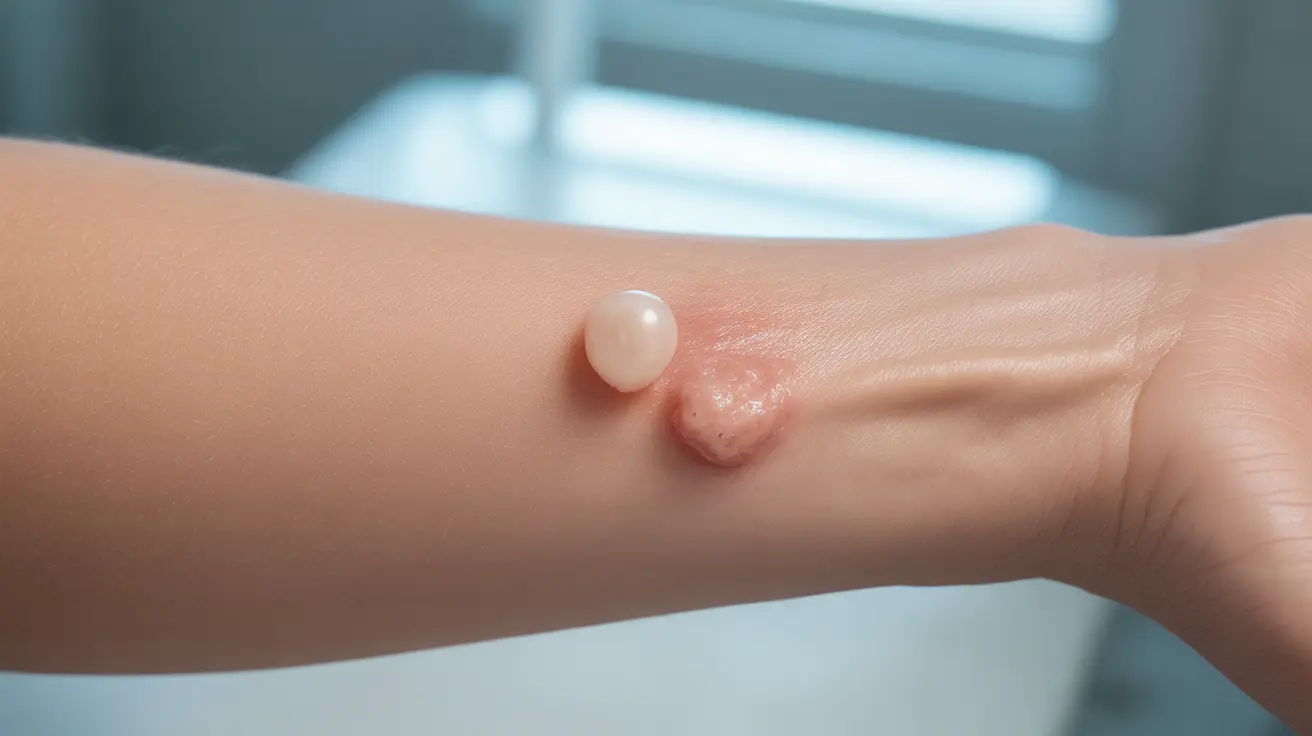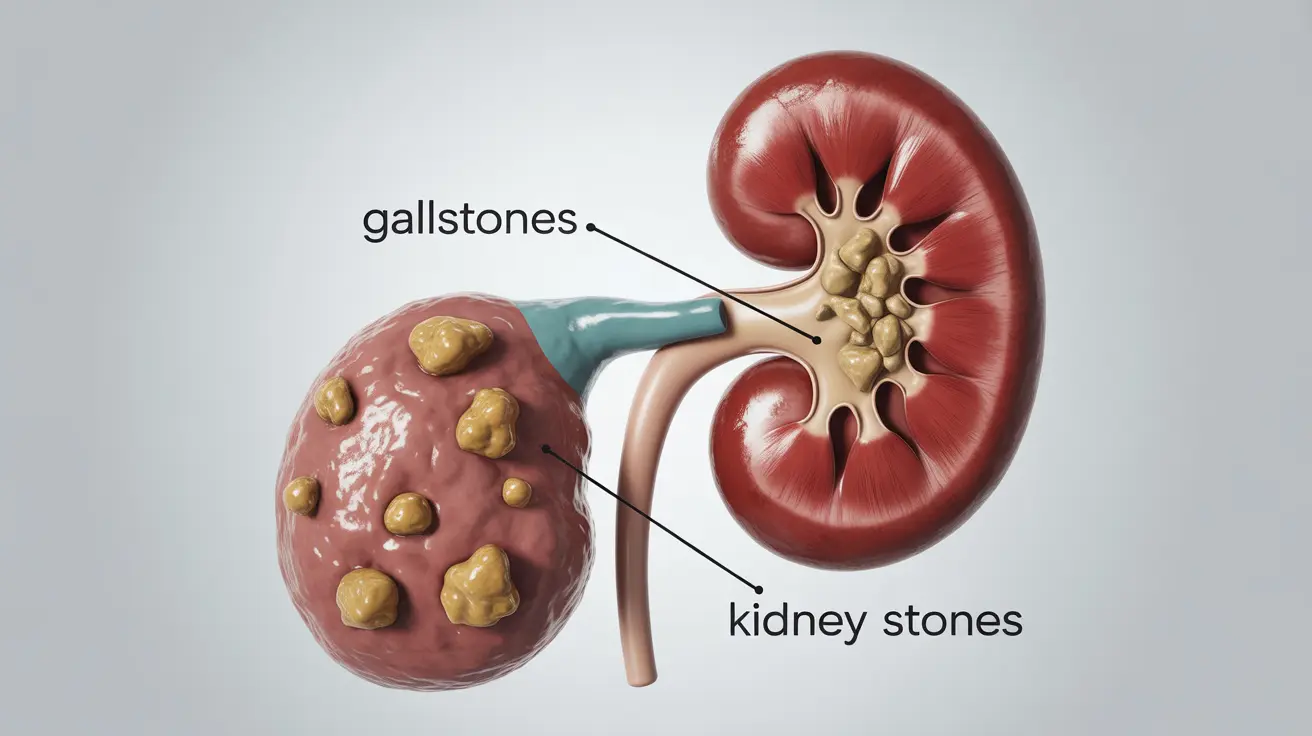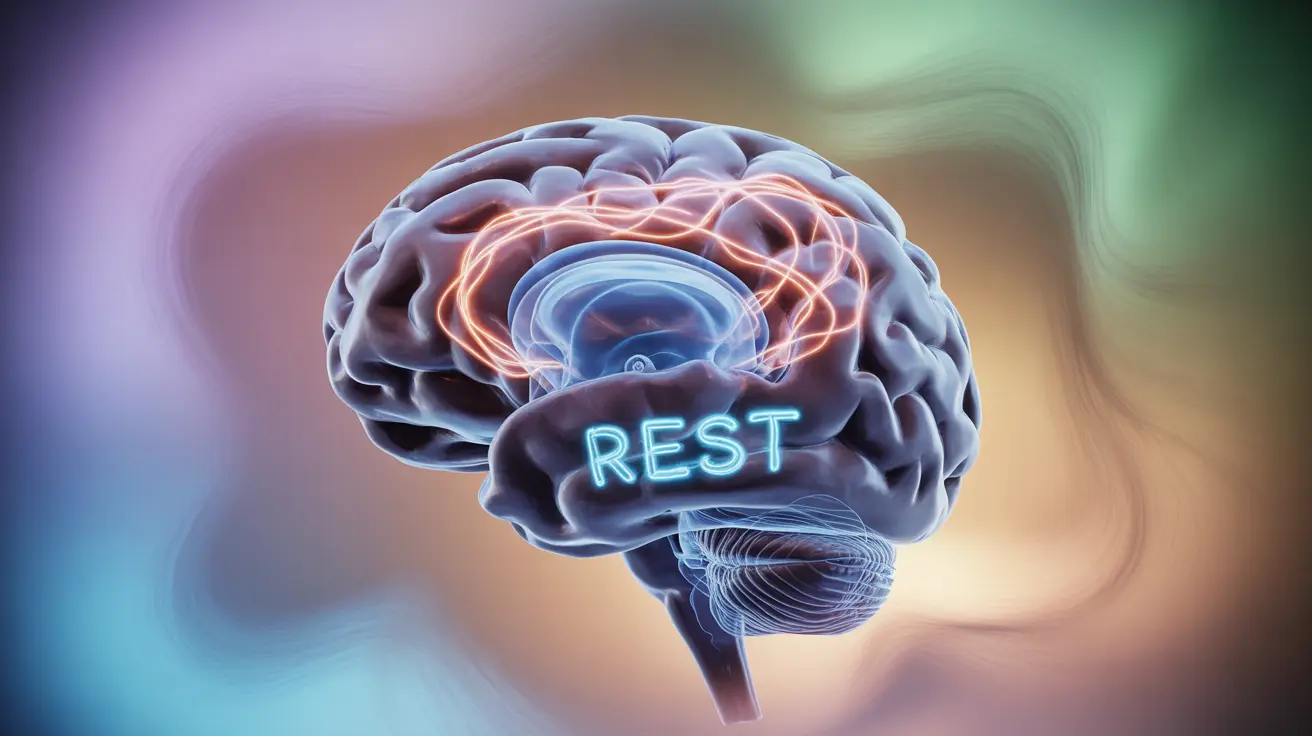Parents often wonder about giving Benadryl (diphenhydramine) to their young children for allergies or sleep issues. However, administering medication to toddlers requires careful consideration and understanding of proper dosing guidelines to ensure their safety and well-being.
This comprehensive guide will help you understand the risks, safety considerations, and alternatives when it comes to giving Benadryl to young children, particularly 2-year-olds.
Safety Considerations for Giving Benadryl to Toddlers
The Food and Drug Administration (FDA) and pediatric health experts generally advise against giving Benadryl to children under 2 years old. For children aged 2-5, medication should only be given under direct medical supervision, as dosing can be particularly tricky in this age group.
While 5ml might seem like a small amount, it's crucial to understand that toddlers process medications differently than adults, and even standard doses can pose risks.
Proper Dosing Guidelines
The correct dosage of Benadryl for children depends on several factors:
- Weight of the child
- Age
- Overall health condition
- Specific formulation of Benadryl being used
Never attempt to determine dosing without consulting a healthcare provider first. Self-administering medication to young children can lead to serious complications.
Recognizing Benadryl Overdose Symptoms
Being able to identify signs of Benadryl overdose is crucial for parents. Watch for these warning signs:
- Extreme drowsiness or lethargy
- Rapid heartbeat
- Dilated pupils
- Flushed face
- Dry mouth
- Agitation or irritability
- Difficulty urinating
- Seizures (in severe cases)
Emergency Response to Overdose
If you suspect your toddler has consumed too much Benadryl, immediate action is essential:
- Call Poison Control (1-800-222-1222) immediately
- Have the medication bottle available for reference
- Monitor your child's breathing and consciousness
- Be prepared to seek emergency medical care
Safer Alternatives for Treating Allergies in Toddlers
Instead of reaching for Benadryl, consider these safer options for managing allergies in young children:
- Non-sedating antihistamines specifically approved for young children
- Natural remedies like saline nasal sprays
- Environmental modifications to reduce allergen exposure
- HEPA air filters in the child's room
- Regular cleaning to minimize dust and allergens
When to Seek Medical Help
Contact your healthcare provider immediately if:
- Your child shows any unusual reactions after taking Benadryl
- Allergy symptoms are severe or persistent
- Your child has difficulty breathing
- You're unsure about proper dosing
- Your child has taken more than the recommended amount
Frequently Asked Questions
Is it safe to give a 2-year-old 5 ml of Benadryl for allergies or sleep?
No, you should never give a 2-year-old Benadryl without first consulting a healthcare provider. The safety and appropriate dosage depend on various factors, including the child's weight and specific health conditions. Using Benadryl for sleep is not recommended in young children.
What are the signs and symptoms of a Benadryl overdose in a young child?
Signs of Benadryl overdose include extreme drowsiness, rapid heartbeat, dilated pupils, flushed skin, dry mouth, agitation, difficulty urinating, and in severe cases, seizures. Any of these symptoms require immediate medical attention.
What should I do if my toddler accidentally takes too much Benadryl?
Immediately call Poison Control at 1-800-222-1222. Have the medication container ready and monitor your child's condition. Seek emergency medical care if your child shows serious symptoms like difficulty breathing or seizures.
What are the safer alternatives to Benadryl for treating allergies in children under 6?
Safer alternatives include age-appropriate non-sedating antihistamines prescribed by a doctor, saline nasal sprays, environmental modifications, and allergen avoidance strategies. Always consult with a pediatrician for the most appropriate treatment options.
When should I call a doctor or Poison Control after giving my child diphenhydramine?
Call immediately if your child shows any unusual symptoms, has taken more than the prescribed amount, appears overly sedated, or if you're uncertain about the dosage given. It's better to err on the side of caution when dealing with medication in young children.




